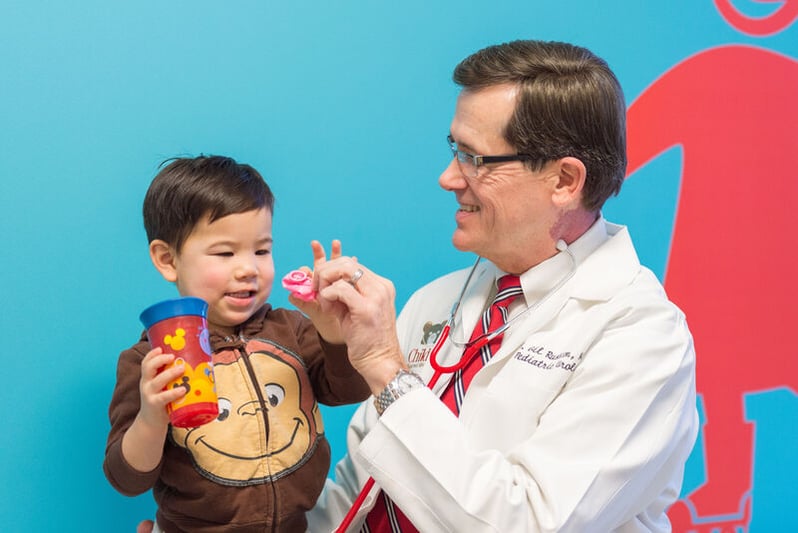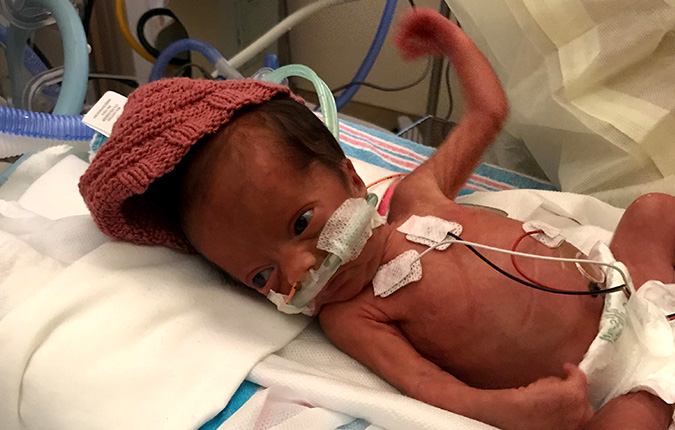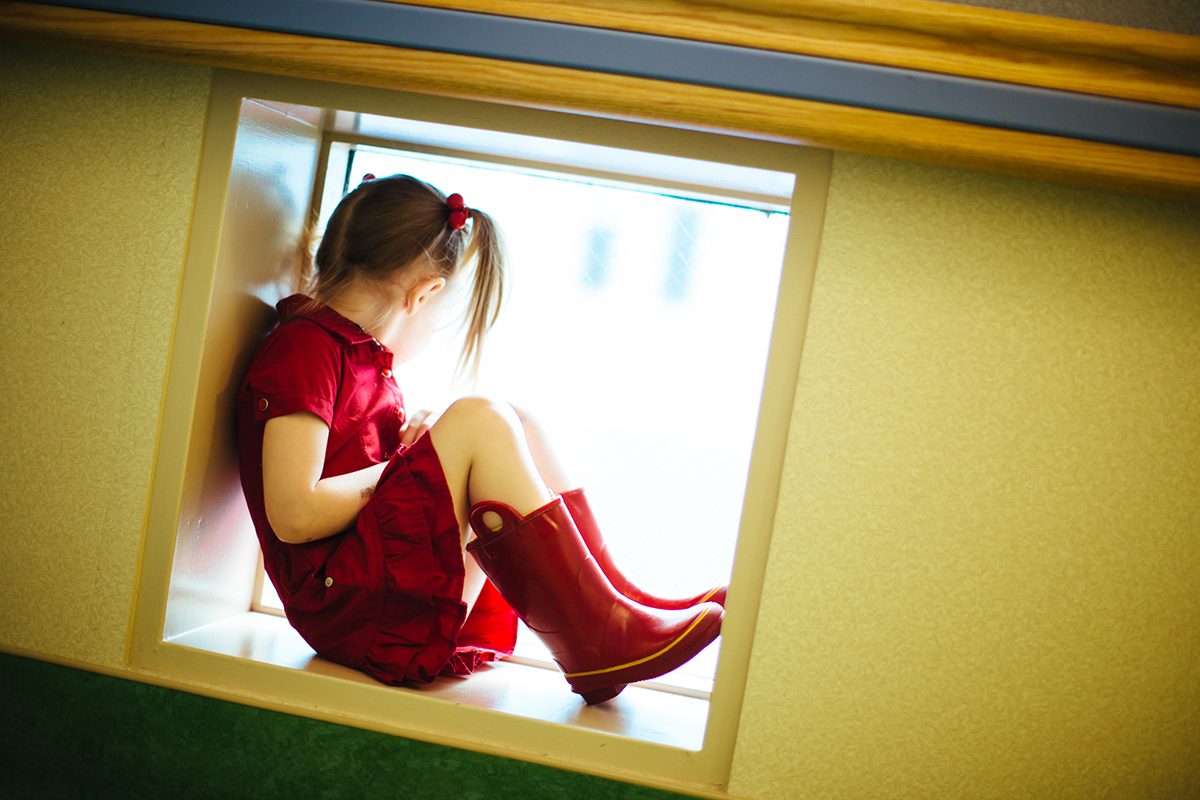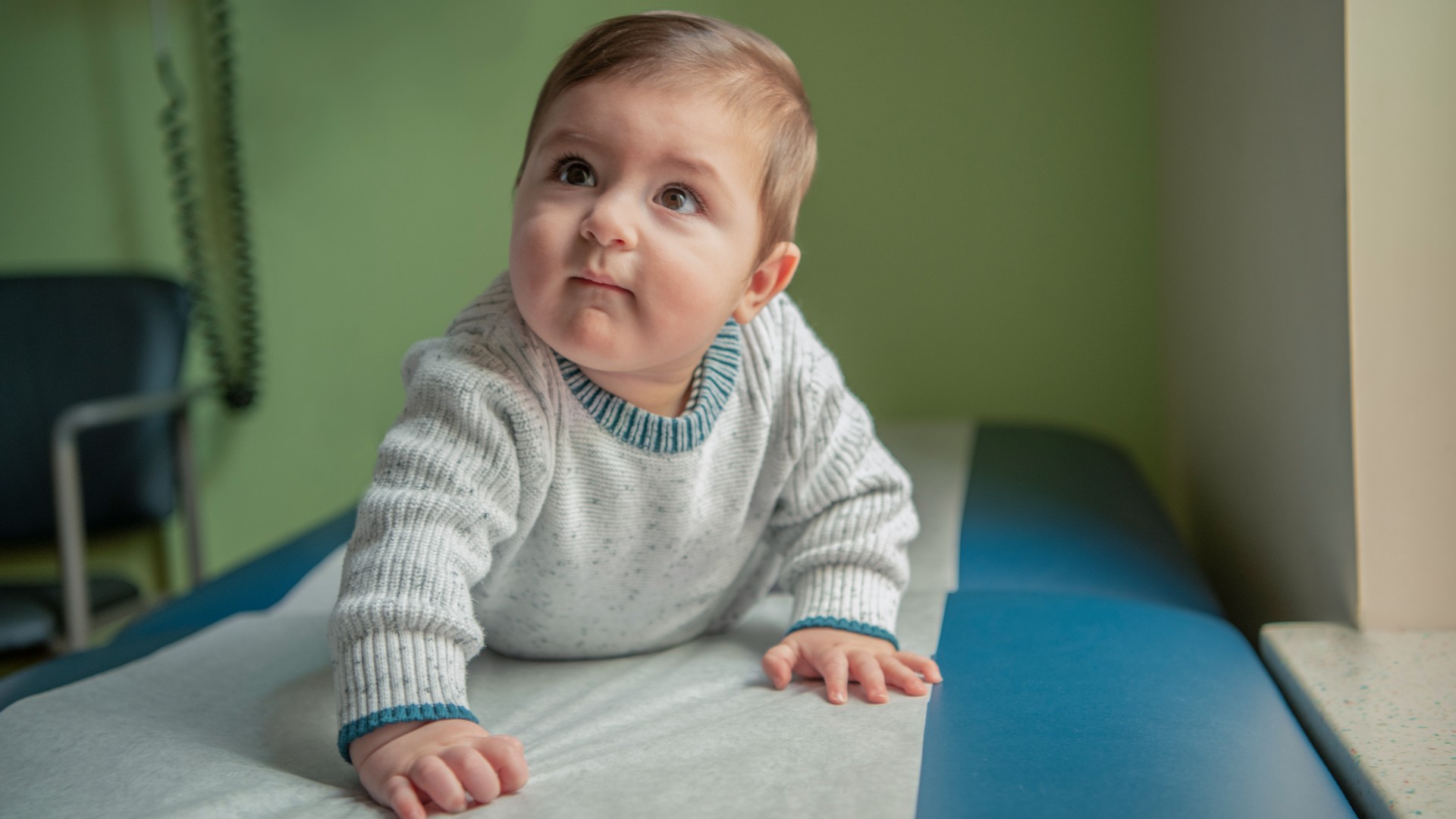Condition
Pediatric Urinary Incontinence or Enuresis (Bedwetting)
Key points about enuresis in children
- Urinary incontinence (enuresis) is the loss of bladder control. In children under age 3, it’s normal to not have full bladder control. As children get older, they become more able to control their bladder.
- It can happen during the day or at night.
- It has many possible causes. These include anxiety, constipation, genes, and caffeine.
- In many cases, it goes away over time and does not need to be treated.
- If treatment is needed, many methods can help. These include changes in fluid intake, reducing caffeine, and urinating on a schedule.
Frequently Asked Questions
What is enuresis in children?
What causes enuresis in a child?
Which children are at risk for enuresis?
What are the symptoms of enuresis in a child?
How is enuresis diagnosed in a child?
How is enuresis treated in a child?
What are possible complications of enuresis in children?
How can I help my child live with enuresis?
When should I call my child’s healthcare provider?

Urology Treatment at Children's National Hospital
The Division of Urology at Children's National Hospital offers expert care and advanced diagnostic testing in a family-centered environment. Discover more about the treatment we offer.

Providers Who Treat Urinary Incontinence or Enuresis
 Aasha's Rare Gift Will Help Other Babies Grow up Healthy
Aasha's Rare Gift Will Help Other Babies Grow up HealthyTesting the descrption field
Departments that Treat Urinary Incontinence or Enuresis

Comprehensive Motility Program
The Motility Program works to help treat a number of motility issues impacting your child’s digestive tract, including abdominal pain, aspirating, constipation and incontinence. Learn more about our Comprehensive Motility Program.

















